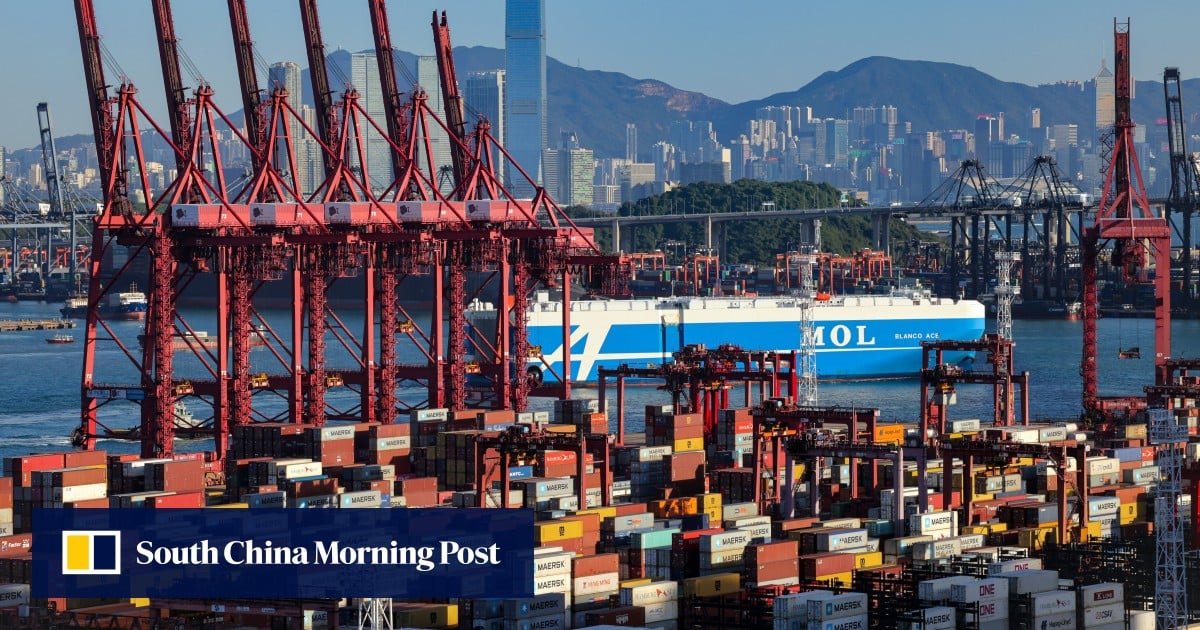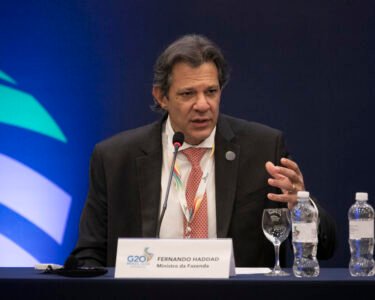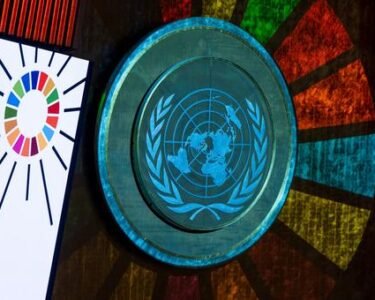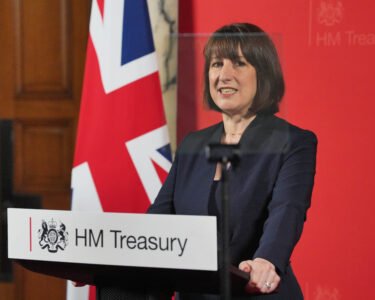The facilities provided under the proposal include consulting services that cover business operations, production and supply chain solutions, trading financing which ranges from export credit insurance to sharing of market updates, and corporate training such as handling compliance and labour protection.
Chan on Sunday said rising geopolitical tensions had resulted in pressures for companies behind “made-in-China” products when exporting to European and US markets. As a result, some mainland firms were planning to move their production lines overseas.
“We want these companies, especially the medium-sized ones, to go to Hong Kong for overseas market solutions before they relocate their production lines elsewhere,” Chan said, describing Hong Kong as a “white cane” for such enterprises when it comes to foreign market exploration.
But Chan did not disclose which mainland cities he and other officials would visit, only saying that the government would target those that had booming private economies.
Hong Kong can ‘absolutely’ repay bond offerings for public projects: Paul Chan
Hong Kong can ‘absolutely’ repay bond offerings for public projects: Paul Chan
Shanghai, Shenzhen, Guangzhou, Beijing, Chengdu and Chongqing are the cities with the highest number of private companies, according to a survey released by business registration records website QCC.com in August.
The National Development and Reform Commission – China’s top economic planner- in January pledged to further clear the way for the private economy after announcing various policies last year to grow the sector and create jobs.
But official data showed that private investment in China declined by 0.5 per cent year on year in the first 11 months of 2023, a sharp contrast to investments among state-owned enterprises, which rose by 6.5 per cent over the same period.
The financial chief on the TV programme also defended the government’s strategy to turn tourism, an industry that accounted for around 3.6 per cent of the city’s gross domestic product (GDP), as a catalyst for economic recovery in the short term.
Hong Kong’s finance chief set to remove some property cooling measures
Hong Kong’s finance chief set to remove some property cooling measures
He pointed to the three driving forces of the local economy – consumption, exports and investment – noting that geopolitics and high global interest rates had significantly impacted the latter two.
“So in a bid to stimulate consumption, [we should] have more tourists coming in and more internal consumption. They could contribute the most to the economy,” Chan said, adding that the sector’s economic impact should be measured by its effect on related industries such as dining and retail, as well as on the city’s reputation.
Chan also said that it would be difficult for other places to replicate the government’s monthly fireworks and drone shows, set to start in May, since they would occur against the unique backdrop of Victoria Harbour and have different themes.
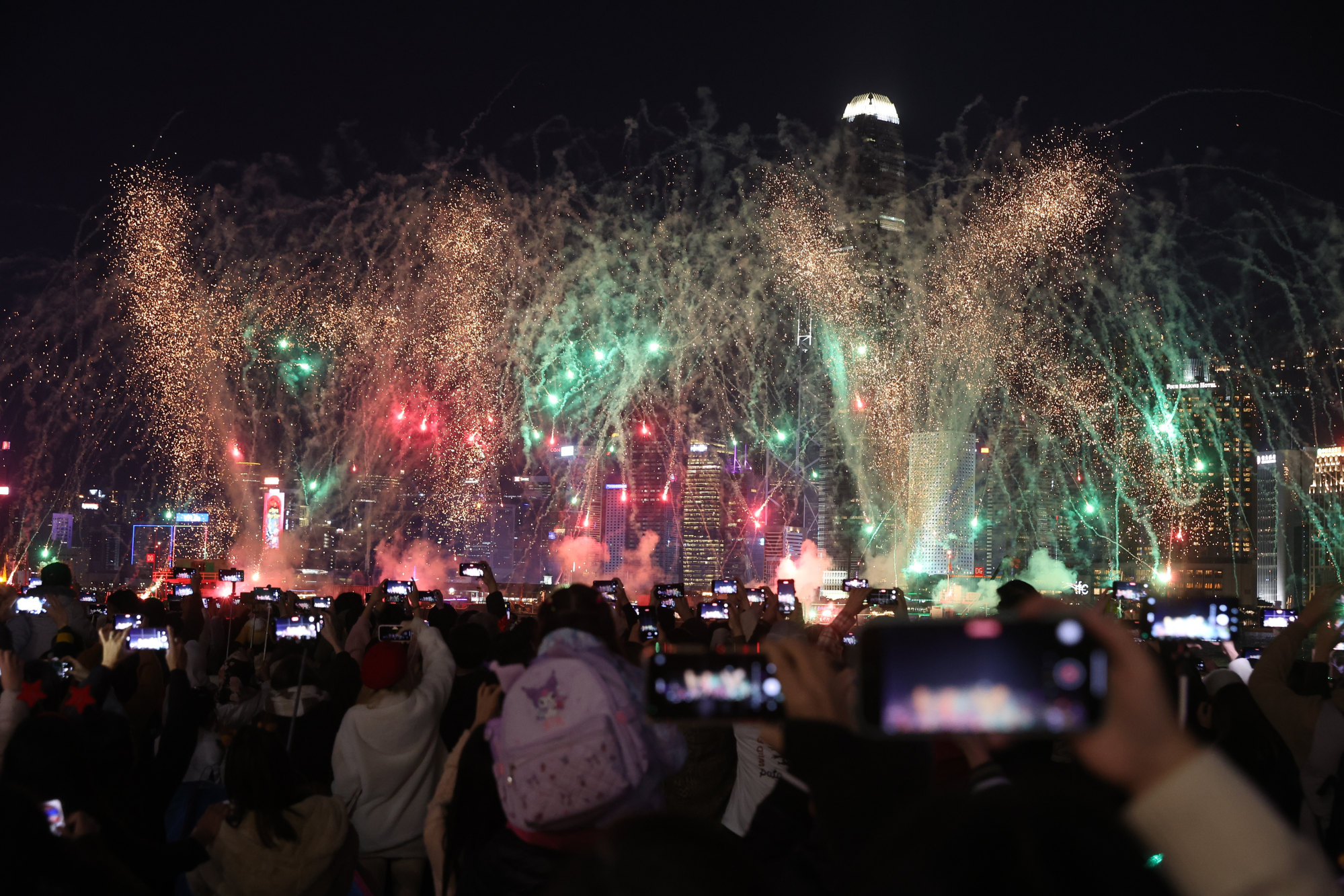
The finance chief on his weekly blog revealed that several groups over the past few days had expressed an interest in sponsoring the fireworks and drone displays.
He added that restaurants and retailers had indicated that they were preparing promotional activities for the coming shows.
Hong Kong’s deficit is expected to hit HK$101.6 billion (US$17.4 billion) this financial year, which would leave the city’s reserves at HK$733.2 billion, the lowest in a decade.
Chief Executive John Lee Ka-chiu said on social media that the latest budget had set the direction for the city’s future economic development.
“I believe that with unity and determination from all sectors of society, we can undoubtedly make Hong Kong’s economy even better than before and yield even sweeter fruits,” he said.
The city leader also commented on the peach blossoms at Government House, saying that their bloom for two consecutive years was an auspicious sign representing his administration’s “result-oriented approach”.

